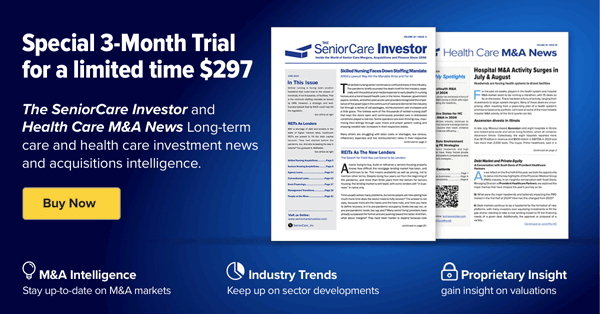AstraZeneca (NYSE: AZN) has been on the receiving end of three different purchases in the first five days of October, selling licenses to three of its non-core assets for a combined upfront payment of $450 million. Its selling spree occurred in tandem with the announced trial failure of its blood thinner Brilinta (ticagrelor), which failed to show any benefit over the standard medication for the treatment of peripheral artery disease (PAD). According to Reuters, the trial failure forced the company to abandon a $3.5 billion-a-year sales target for the drug by 2023.
On October 3rd, AstraZeneca’s biologics arm, MedImmune, agreed to license the worldwide rights to Allergan plc (NYSE: AGN) for MEDI2070, a next-generation IL-23-only targeted therapy that is currently in Phase 2b clinical development for the potential treatment of Crohn’s Disease and ulcerative colitis. AstraZeneca received an upfront payment of $250 million, with potential payments of up to $1.3 billion over the next 15 years.
On October 4th, AstraZeneca sold its U.S. rights to Toprol-XL® (metoprolol succinate) and its Authorized Generic (AG), a cardioselective beta-blocker indicated for the treatment of hypertension, alone, or in combination with other antihypertensives. The license was sold to Aralez Pharmaceuticals Inc. (NASDAQ: ARLZ), a global specialty pharmaceutical company focused on cardiovascular disease, for an upfront payment of $175 million and up to $48 million in milestones. AstraZeneca recorded U.S. net revenues from Toprol-XL® and its AG of $89 million in 2015 and $53 million year-to-date in June 2016.
Then, on October 5th, AstraZeneca sold its global exclusive rights to AZD7986, a novel oral inhibitor of dipeptidyl peptidase I (DPPI) for the treatment of pulmonary diseases such as non-cystic fibrosis bronchiectasis, for an upfront payment of $30 million and future payments totaling $120 million. The acquirer, Insmed Incorporated (NASDAQ: INSM), develops and commercializes inhaled therapies for patients with serious lung diseases. Insmed is completing its plans for a Phase 2 study in non-CF bronchiectasis, which is expected to begin in 2017.
Prior to its busy beginning in October, AstraZeneca already entered into eight deals in 2016 involving the sale of licenses to its assets, for upfront payments totaling $1.97 billion.

